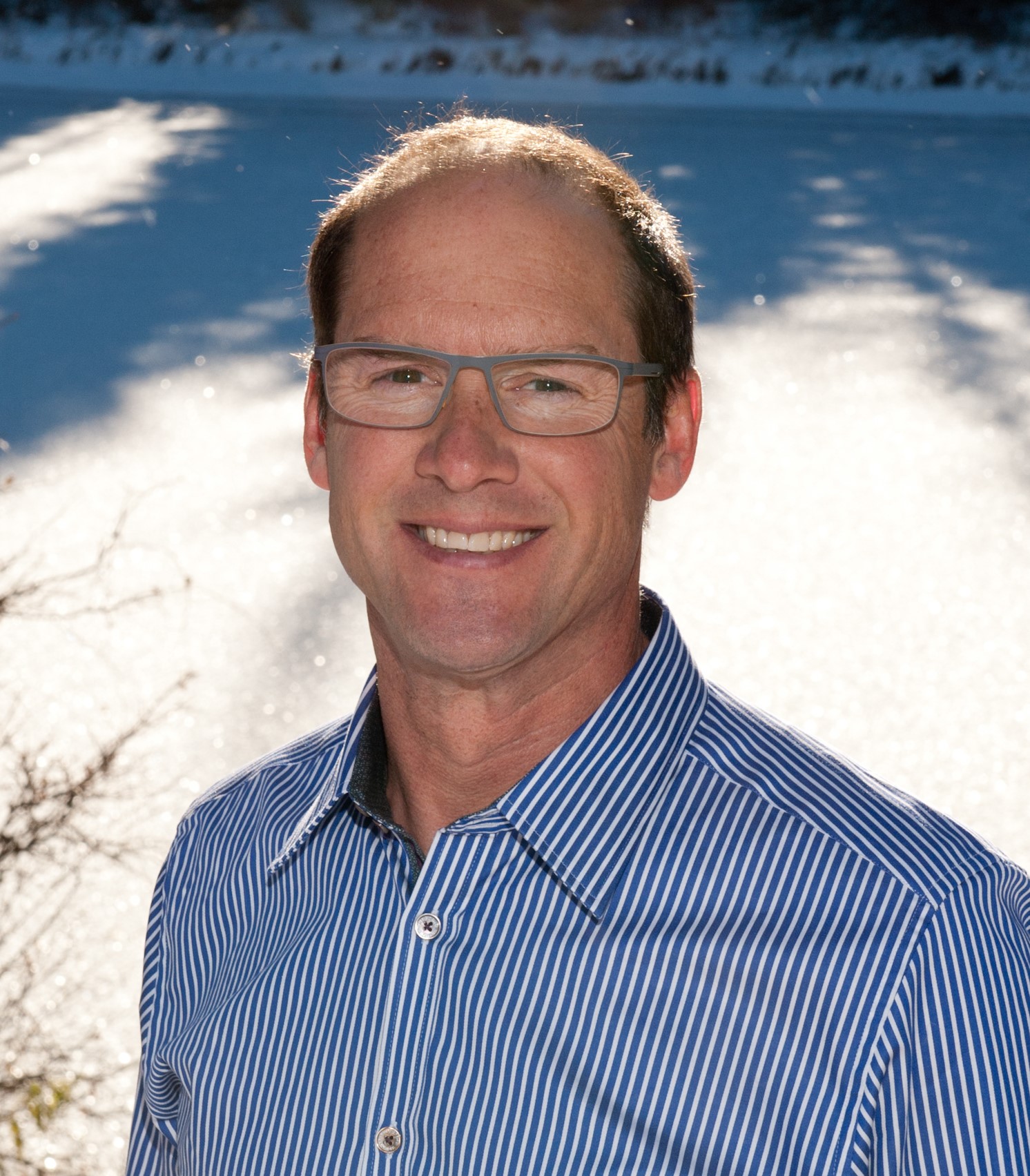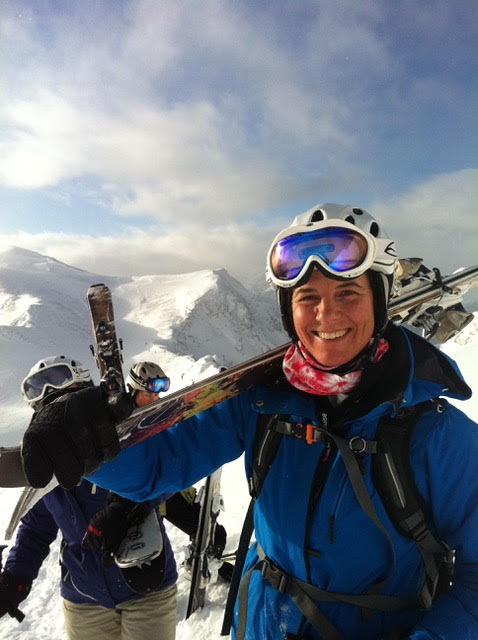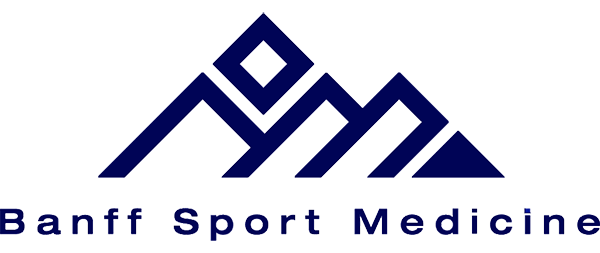Tag Archive for: Education
Injections are a viable option for sufferers of knee osteoarthritis
in News, PublicationsOsteoarthritis (OA) is the most common form of arthritis that affects nearly one in six Canadians.
It is a debilitating condition that causes chronic pain and loss of function due to the breakdown of cartilage – the flexible connective tissue found in joints – with the knee being commonly affected.
Research shows that prior trauma such as injury to the anterior cruciate ligament (ACL) in the knee, can increase a person’s chance of developing OA of the knee later in life.
While there is no cure for OA, there are several treatments that include arthroscopic surgery. The Arthroscopy Association of Canada (ACC) recently recommended that prior to undergoing surgery, non-operative treatments should be trialed.
Injections into the knee joint, such as corticosteroids, hyaluronic acid (HA), platelet-rich plasma (PRP) and cellular-based therapies (BMAC), are some of the non-surgical treatments available to OA sufferers in Canada, but not all of these have equally weighted scientific evidence to back up their use.
A recent publication from the AAC, that includes Banff Sport Medicine Foundation researchers and Orthopaedic Surgeons, Drs Michaela Kopka and Laurie Hiemstra, made several recommendations on which type of injections should be used for the treatment of OA based on current evidence.
Corticosteroids are a type of steroid hormone that are used to routinely treat inflammation. By reviewing the available scientific evidence, the AAC conclude that corticosteroid injections into the knee joint can provide short-term, moderate pain relief in patients with early knee OA. The AAC also conclude that corticosteroids can restore function in the knee and offer a cost-effective treatment option.
Hyaluronic Acid (HA) is a substance that is naturally present in the human body. It plays an important role in joint lubrication and is essential to the proper functioning of the joint. HA has been approved in Canada for the treatment of mild to moderate OA of the knee since 1992. The AAC conclude that injections of a specific type of HA (a high-molecular weight type) can improve pain relief and restore knee function and might be a good option for patients with mild to moderate knee OA.
Platelet rich plasma (PRP) is another type of injection that involves taking a sample of a person’s blood and concentrating the platelets. Platelets are just one main type of cell found in the blood, with red and white blood cells being the others. The platelets are best known for their role in clotting blood, but they also contain hundreds of proteins called growth factors. These growth factors are very important in the healing of injuries. Once the platelets have been concentrated, a preparation is made for injection into the knee to help stimulate healing.
Based on current research, the AAC conclude that PRP injection “has the potential to provide improvements in pain and functional outcomes up to 1 year after the injection in patients with mild to moderate OA”. Due to the lack of consensus in research findings and the ideal PRP preparation, the AAC can’t make a conclusive recommendation on whether PRP should be used until further high-quality clinical studies (the gold standard in human research) become available.
Another type of therapy that has shown potential for the treatment of OA is Cellular-Based Therapies (BMAC). This type of therapy typically involves injecting stem cells (or early stem cells) into the knee to promote healing. While promising results have been shown in clinical trials for BMAC, it is currently not approved by Health Canada as an OA therapy. Thus, the AAC recommend that the use of BMAC be restricted to controlled clinical trials until there is enough evidence to support its use in routine clinical practice.
To learn more about OA or these types of injections, read the AAC publication here, or visit the Banff Sport Medicine Injection Information page.
“Knees 4 Skis”
in News“Knees 4 Skis”
Do you want to get your knees ready to enjoy skiing this winter? Are you interested in how to avoid knee injuries, or how to return to skiing after a knee injury? Then this is the talk at the Thrive Health and Wellness Festival is for you! Dr. Mark Heard from Banff Sport Medicine will enthusiastically share his love of skiing as well as what he has learned from over 25 years of preventing and treating knee injuries in ski athletes. Dr. Heard will be joined by Lynne Richardson, local Physiotherapist from Rocky Mountain Rehab & Sports Medicine Clinic. Lynne will combine her personal ski racing and physiotherapy knowledge to share some valuable advice to get you ready for ski season.
The Thrive Health and Wellness Festival takes place in Canmore October 25th – 28th!


Fellowship Offered in Sport Medicine and Arthroscopic Reconstruction of the Knee and Shoulder
in NewsBanff Sport Medicine, in affiliation with the University of Calgary Section of Orthopaedics, is pleased to offer a fellowship in Sport Medicine and Arthroscopic Reconstruction of the Knee and Shoulder. The program is based in Banff, Alberta, Canada. Currently, this program is designed around a 1-year fellowship, and is open to all graduates of Canadian Orthopaedic programs, as well as any international institutions which meet the training criteria. Graduates of Canadian programs and self-funded applicants will be given preference. Read More>
General Inquiries
Phone: 403 760 2897
Fax: 403 760 8234
The information provided on our website should not be used for the diagnosis of an injury or in lieu of medical attention.
Follow Us
CONTACT US
Main Line: 403 760 2897
Orthopaedic Surgery ext 1
Sport Medicine ext 2
Physiotherapy ext 3
Acute Injury Clinic ext 3
Office Hours: Monday to Friday – 7 am to 6 pm (closed statutory holidays)
Physiotherapy Hours: Monday to Friday – 7 am to 7 pm, Saturday – 8 am to 2 pm
FIND US
Address: 213 – 300 Old Canmore Road, Canmore, Alberta T1W 0L5 (second floor of building one, Shops of Canmore)
